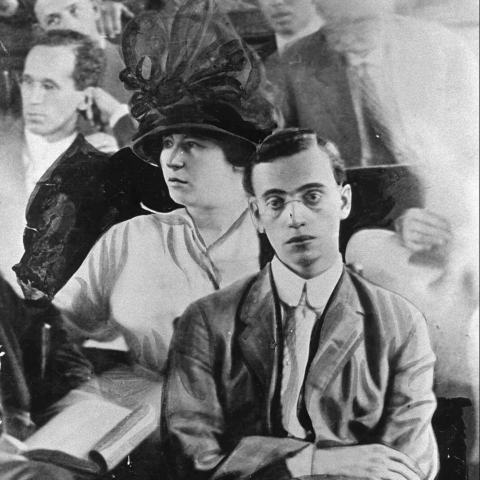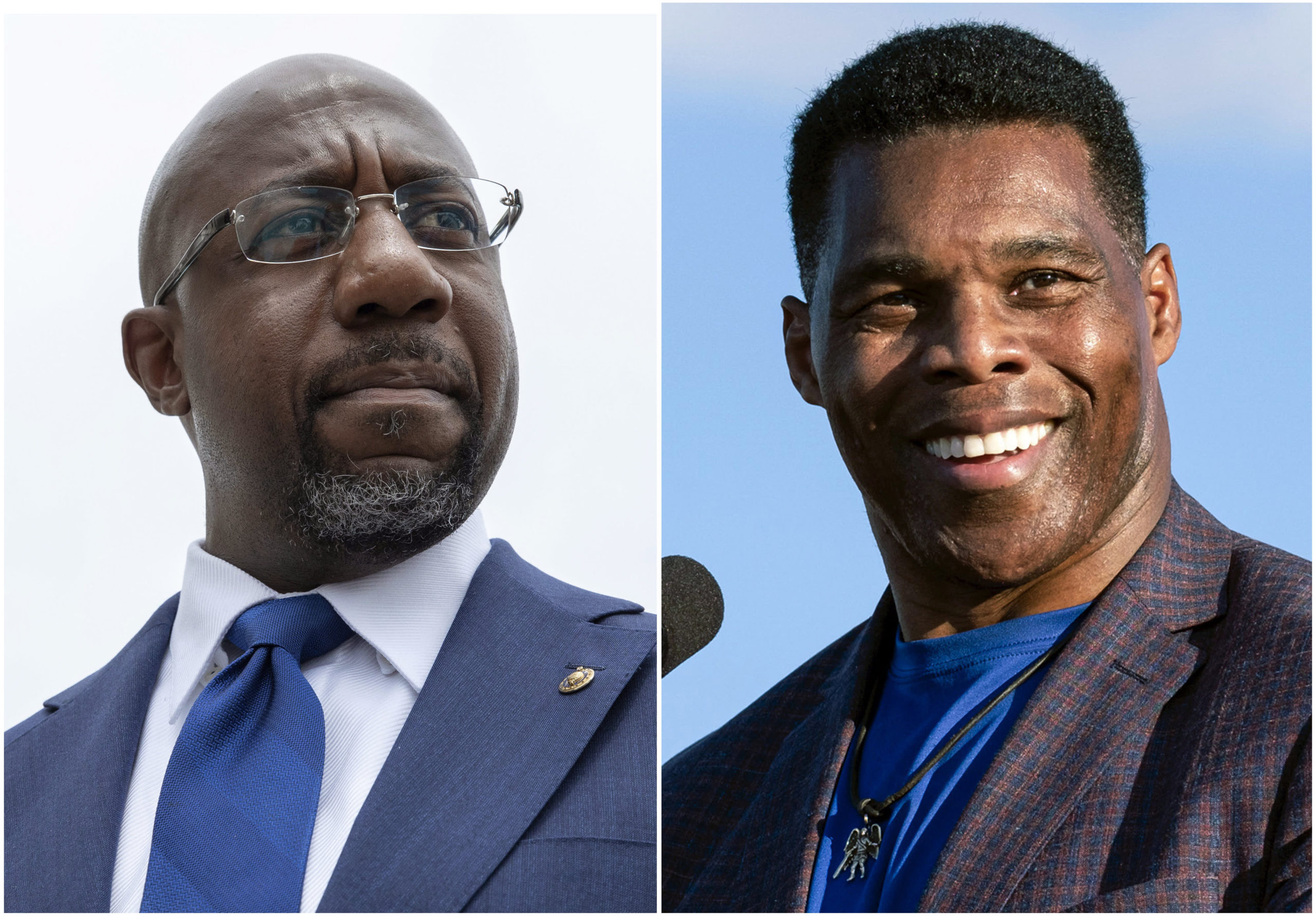By: Russell Dye
Primary elections in Georgia are a tricky ordeal. In order to win a primary election with multiple challengers, a candidate must receive at least 50 percent of the vote. If no one candidate receives over 50 percent of the vote, the candidates with the top two vote totals proceed to a two-person runoff election. Finally, the winner of the runoff election is named the victor. I was recently able to interview former state Representative Bill Hembree to discuss how Georgia’s election process affected him personally. The conversation resulted in some very eye-opening revelations, in which Rep. Hembree calls for some needed changes to the state’s primary elections.
Representative Hembree, thank you for speaking with me today. First off, may you please just give us a brief background on your political career?
Sure. I was elected to the state House in the early 1990s. I served for around 18 years in Georgia’s 67th district, which includes parts of Douglas
and Paulding County. I served in the minority Republican Party under Democratic Speakers Tom Murphy and Terry Coleman until 2004 when Republicans took control of the House. So, I have experienced what it is like to serve in both the minority and majority of the House. At a certain point in my career I even served as the chairman of the House Committee on Higher Education. I had a great run in the House, but I thought I could do more for my state. Last November I decided to run in a special election for the Georgia state Senate’s 30th district, an election in which I eventually lost.
Can you tell us a little more about that special election process?
Well, like I said, I decided to run for the Senate opening after Sen. Bill Hamrick stepped aside to serve as a superior court judge. Five people qualified to run for the election. However, the Secretary of State’s office set up the election process in a weird way. The primary election for the seat was held on the general election day last November, and the general election for the Senate seat was held a few weeks later. We were all of the same party. No Democrats qualified for the election. So I did not understand why a primary election was even necessary. It was all very bizarrely done. There should have been one election since we were all of the same party. The person who received the most votes should have won. However, it did not turn out that way.
What were the results?
On the primary election day for the Senate position I received around 27,000 votes, which was around 48.5 percent of the vote. Mike Dugan, the man who finished in second place only received around 24 percent of the vote. There was an over 70 percent voter turnout in my Senate district that day. That is a huge turnout number. However, since I did not receive more than 50 percent of the vote, by law I was forced to go into a runoff election with Mike Dugan.
The day of the runoff there was only a six percent voter turnout, an extremely small number compared to November’s election day. I lost the election by around 800 votes. Now that did not seem fair. I received more votes than Dugan in the first primary election, so why did I have to prove myself again in a runoff? I was extremely frustrated with the results.
Representative, I understand your frustration because of your situation. What should the state of Georgia do to keep something like this from happening again? It’s obvious you received the most votes, would you suggest lowering the voter percentage needed to win in primary elections? What are our other options?
I would say to get rid of majority rule in primary elections all together. In a democracy the candidate who receives the most votes should win, especially on the state and local level. Georgia is only one of ten or eleven states that even uses majority rule in primary elections. North Carolina only has runoff elections if a candidate does not receive over 40 percent of the total vote. We require 50 percent. Either way, I still would have won in both situations.
What are we trying to prove? The runoff election in my district cost my district over $80,000 because of the need for proper election resources during our runoff election. It is absurd to put the burden of runoff election prices on taxpayers when they are not even using them, or necessary in the first place. There are no trade-offs. Majority rule needs to be ended in primaries in our state. It is ridiculous. It cost me an election; I am sure it will hurt many more in the future.
Thank you Representative Hembree for your honesty. Do you have any plans for the future?
Of course. I still have plenty of motivation left in me to help our state. I will not give up because of this one election. I plan to run again. I plan to win again. Thank you for all that you do with the Georgia Political Review.

